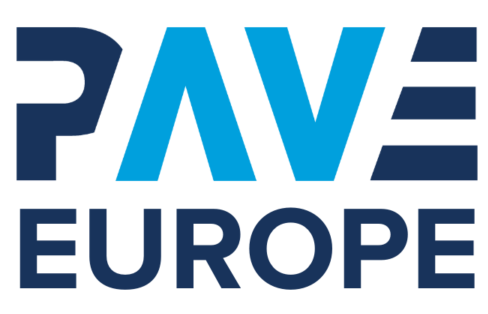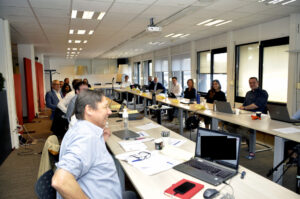PAVE Europe is excited to announce our involvement in the CCAM-ERAS project, an initiative that is funded by the European Commission. This project aims to address the transition to connected, cooperative, and automated mobility (CCAM) from a socio-economic perspective, preparing for the transformative possibilities that CCAM will bring.
PAVE Europe is proud to contribute to CCAM-ERAS by shaping its stakeholder community. Our role will be to ensure that diverse voices are heard and considered, fostering an environment where collaborative efforts can thrive and drive meaningful and positive change for the future of mobility.
About the CCAM-ERAS Project
The advancement of CCAM is set to change the labour market and redefine the future of work. As automated vehicle technology advances, there will be an impact on mobility, opportunity for employment and the need for skills development.
CCAM-ERAS is aimed at paving the way for the future of mobility by developing the knowledge and skills necessary for the deployment of CCAM. The project will focus on understanding and preparing for the socio-economic impacts of CCAM, including the development of a more attractive and inclusive labour market. By identifying the skills required for CCAM deployment and creating solutions to upscale these skills across the entire value chain, CCAM-ERAS aims to mitigate potential job losses and relocations.
The project will explore new approaches to anticipate and mitigate the impacts of road-based CCAM systems and services, boosting innovation capabilities through the availability and upscaling of CCAM-specific professional skills. Real-world use cases will guide the development of schemes and actions to address specific labour market challenges, ensuring the project remains grounded in practical, applicable solutions.
Building a Stakeholder Community
PAVE Europe’s involvement in CCAM-ERAS highlights our commitment to fostering collaboration and inclusivity. We will work to bring together various stakeholders from transport, technology, education, and other sectors to ensure a multi-sectoral approach to CCAM deployment. We hope to build a stakeholder community to support the project’s results.
Guido Di Pasquale, Managing Director at Pave Europe says: “The CCAM-ERAS project is a crucial initiative for the future of automated mobility. We look forward to creating a community that captures different voices, and that the transition to connected, cooperative, and automated mobility is beneficial for everyone. We are thrilled to collaborate with our partners to drive innovation and build a more resilient and skilled workforce for the future.”
A Vision for the Future
CCAM-ERAS will build a comprehensive roadmap that supports the socio-economic transition to CCAM. This roadmap will provide a set of building blocks for a smooth transition over the short, medium, and long term, ensuring that the benefits of CCAM are fully realised.
Consortium
CCAM-ERAS is a collaborative effort with various partners, including CINOP, Panteia, MaaSLab, Cambridge Econometrics, ITS Norway, Rupprecht Consult, Warwick Manufacturing Group (WMG), University of Warwick, The Confederation of Organisations in Road Transport Enforcement (CORTE), SINTEF, Swiss Re, MU Consult, Economix, Blees, and Economics & Data ED23. Together, we are committed to driving innovation and ensuring that the deployment of CCAM is successful and inclusive.

Join this Community
PAVE Europe invites all interested parties to join us on this project. By working together, we can ensure that the future of mobility is one that benefits everyone, fostering a more inclusive, skilled, and resilient society. Join our Stakeholder community by filling in this questionnaire.
To keep up with the latest news about the CCAM-ERAS project, please follow this page.
For more information about PAVE Europe, please visit our website.
The CCAM ERAS project has received funding from the European Union’s Horizon Europe research and innovation programme under grant agreement No 101147129. Views and opinions expressed are however those of the author(s) only and do not necessarily reflect those of the European Union or the European Climate, Infrastructure, and Environment Executive Agency (CINEA). Neither the European Union nor the granting authority can be held responsible for them.


